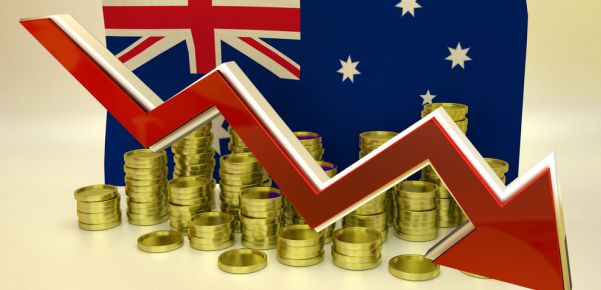According to Choice’s recent Consumer Pulse survey, concerns over household costs are receding, however, the state of the economy may be giving us sleepless nights.
The survey, taken in September 2015, just after the Federal Government’s change in leadership, show a rise in the number of respondents who rank our country’s economy as poor. At either end of the scale of responses, four per cent think the economy is very good and 10 per cent very poor. Interestingly, three per cent simply don’t know.
When it comes to the specifics of what people are worried about, 61 per cent were worried about their level of savings and government spending cuts. While 53 per cent were worried about the level of their superannuation.
In regards to essential services, health and aged care rank highly on what people are concerned about, with 59 per cent being worried about the cost of medicine, 54 per cent about the cost of seeing a GP and 44 per cent about the quality of aged care.
Cutting back is the only way people can see to get over the squeeze on household budgets. While 28 per cent claim to find it difficult to get by on their current income, 66 per cent of households have cut back in the last 12 months. And when it comes to bills, 84 per cent feel that their bills have increased – 39 per cent feel this has been by “a lot”.
Trust is also an issue for consumers, with energy providers topping the list of those least likely to be trusted at 44 per cent, appliance salespeople a close second at 42 per cent and telcos coming in third at 38 per cent. It may not be surprising then that electricity costs are the number one concern for households, with 79 per cent worried at the rising rates.
CHOICE’s director of campaigns and communications Matt Levey thinks the confusion surrounding the energy and telecommunications industries is the cause of such mistrust. “As last week’s Vinnies energy report showed, there are huge question marks over whether energy retail markets are working for Australian consumers, with the current approach to competition proving expensive and confusing,” he says.
“It is also not surprising that some of the most deliberately complex and confusing sectors – energy and telecommunications – are the most actively distrusted by Australians,” he said.
Read more at Choice.com.au
Opinion: How far can cost cutting go?
Forever and a day people have been cutting back on goods and services when times are tight, but what about the things people simply can’t afford to go without?
It may be easy to decide that a trip to the cinema, some new shoes or a holiday can be foregone for a while, but the essentials of food, power and medical treatment can’t simply be disregarded. And while there are steps we can take to lower our spend on such items, tighter and better legislation is needed, especially when it comes to energy and medicine.
There is little point switching off your heating and lights, when a large portion of your bill is a supply charge which, for most people, continues to increase whenever the energy companies need a boost to their coffers. And how can you hope to stay fit and well when increasing private health insurance premiums are becoming ridiculous and the cost of visiting a doctor continues to rise?
That the economy is a concern is not surprising, quite simply, if people can’t afford to spend money on goods and services, the economy will contract. And people are less likely to spend money on discretionary items if they feel the weak economy is a threat to their livelihood i.e. jobs.
It’s a vicious circle that will take strong leadership and intelligent policy to break. With the Mid-Year Economic and Fiscal Outlook just around the corner, let’s hope that our new Prime Minster and his team can provide both strategy leadership and intelligent policy.
Have you felt the pinch on specific household essential service bills in the last 12 months? How do you feel about the economy – concerned? If there is one thing the Government could do to ease household cost pressures, what would it be?

